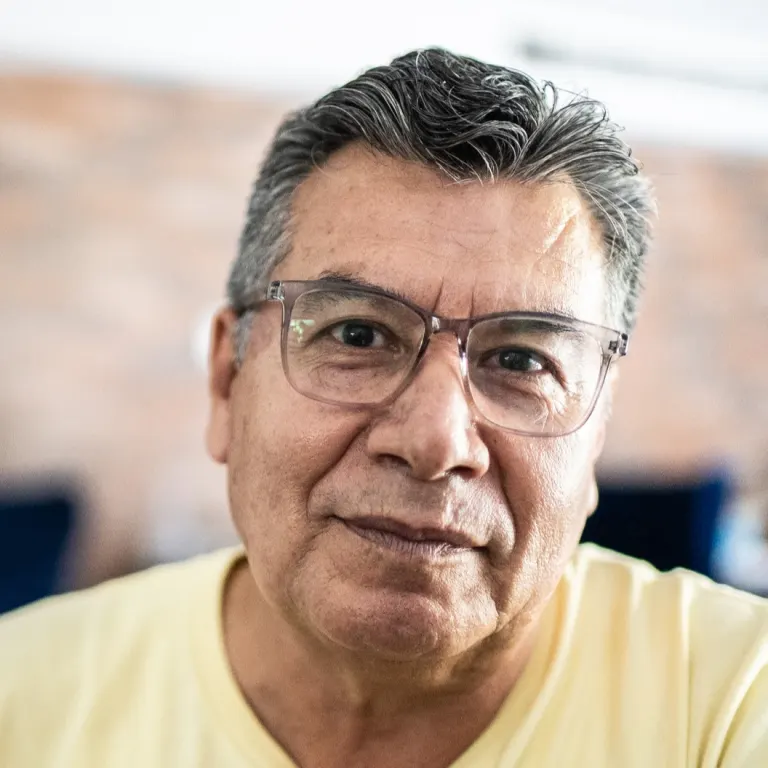A friend I loaned money to just passed away. How do I get the money from his estate?
My friend had only paid back a quarter of what I lent him. How do I get paid the balance before the credit card companies get all that’s left?

Julio
Chilliwack, BC
The first step is to notify the personal representative of the estate about the outstanding debt right away. If you wait, you may lose your right to collect. Share any documentation you have of the loan. Include any receipts or other records that prove the outstanding balance.
Under BC law, creditors who can prove that the deceased owed them money can bring a claim against the estate to recoup what they’re owed. The estate’s assets must be used to pay off the deceased’s debts before anything is distributed to beneficiaries. If the personal representative distributes the estate before paying all the debts, they may face personal liability. In other words, you could sue the personal representative to try to recover the balance of the debt from them.
If the estate’s debts outweigh its assets, it is said to be insolvent. BC’s main estate law lists, in order of priority, the debts that must be paid from an insolvent estate. Note that any secured creditors (like a bank that grants a mortgage over real property, for example) take priority over unsecured creditors.
If you end up deciding to bring a legal action against the estate or personal representative, the venue will depend on the amount of the debt. A debt claim for under $5,000 can be brought to the Civil Resolution Tribunal; for between $5,000 and $35,000, in small claims court; and for over $35,000, in the BC Supreme Court. (Some other types of claims against an estate, such as a claim to vary a will, must be brought in BC Supreme Court regardless of the amount involved.)
An important caveat is if someone guaranteed or co-signed the loan. In this case, you may be able to collect from the guarantor or co-signer. See the coverage of co-signing or guaranteeing a loan for details.

Nicco Bautista
Lumina Law
